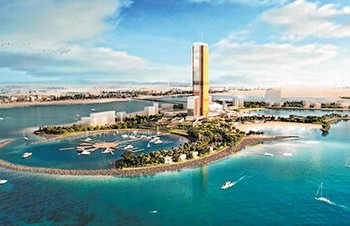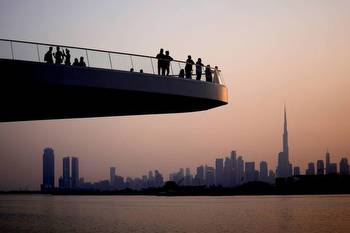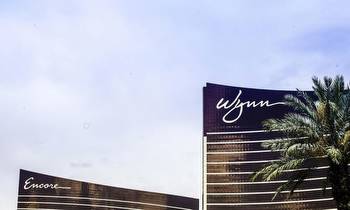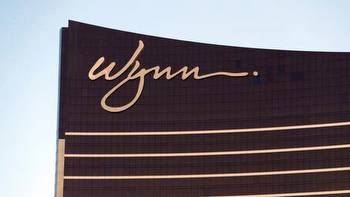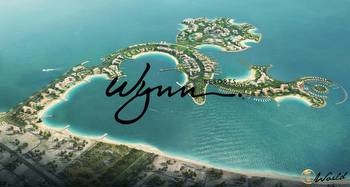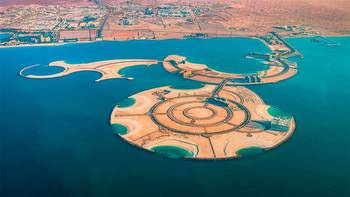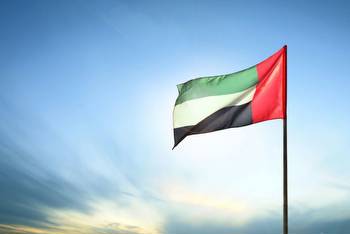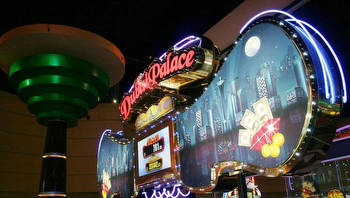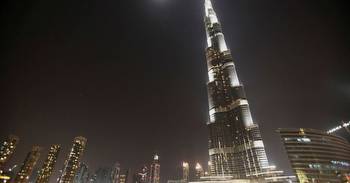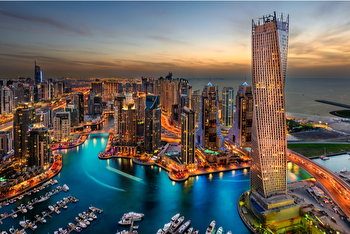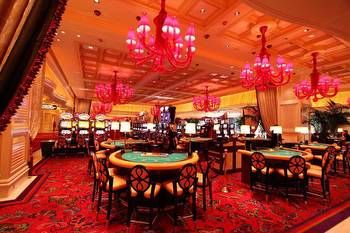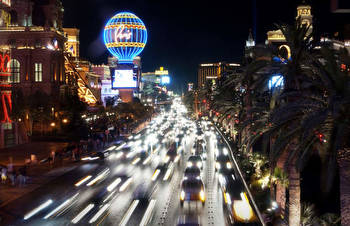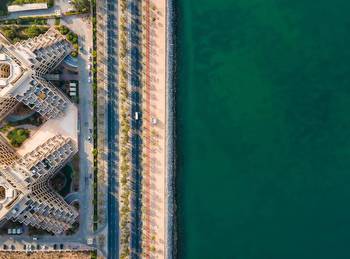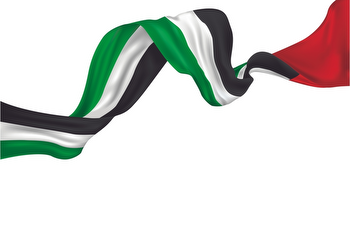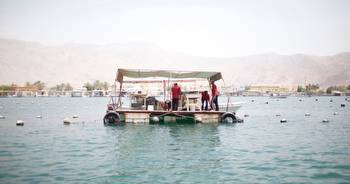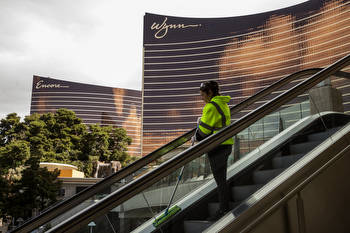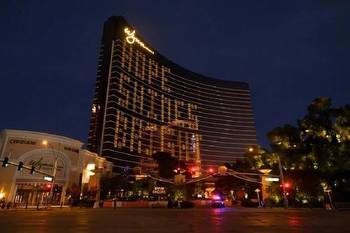Will Gambling be Permitted in the UAE?

International casino owners are setting their sights on a new area: The United Arab Emirates
Ras Al Khaimah, one of the smaller and lesser-known of the seven emirates, said earlier this year that it planned to make laws about gaming in some resorts. On the same day, Las Vegas casino giant Wynn Resorts said it would build a resort approved for gaming, or gambling, on a man-made island.
The announcements could mark an important moment for the Gulf, a part of the Middle East that has traditionally had stricter Islamic rules. Gambling has long been off-limits.
Currently, those seeking to gamble go to the likes of Lebanon's Casino du Liban or some Egyptian hotels.
Yet times may be changing.
Two people with knowledge of the issue told Reuters that gambling in some form would be permitted in the UAE. But, they added, it would be up to each emirate to decide whether and how to make rules about it - similar to how Sharjah does not permit alcohol sales unlike other emirates. They also said the policy change would happen soon, without providing an exact date.
Casino and hotel companies that have moved into the UAE could benefit should Ras Al Khaimah make the way for other emirates to follow.
Caesars Palace, which opened in Dubai in 2018 and is the only one of American giant Caesars Entertainment resorts without a casino, told Reuters that it would examine any possibility of offering gambling in Dubai.
About 10 km along Dubai's coast from the Caesars resort, digging has begun on another area to support a new resort by Las Vegas gambling company MGM Resorts International.
When asked whether it would consider introducing gaming at the resort, MGM said "gaming has not been part of the planning and there are no updates to our plans."
The UAE government media office, as well as the media offices of the emirates of Dubai, Abu Dhabi and Sharjah, did not answer requests for comment on Ras Al Khaimah’s plan to permit gambling and whether they planned to make similar changes.
Competition
The possibility of gambling plays out against a situation of strong competition in the Gulf, with the UAE competing with Saudi Arabia to become a popular destination in a part of the world moving away from oil.
The UAE, where foreigners make up 90 percent of the population, has already moved in other areas to keep first mover advantage over Saudi Arabia.
The Emirates changed to a Saturday-Sunday weekend this year to move closer to international markets. A Friday-Saturday weekend is common in many Muslim nations.
In the past 18 months, the UAE has made legal changes, including decriminalizing alcohol use and situations in which unmarried people live together.
The country has also found ways to offer some games of chance.
In 2020, it started a national "Loto." Players bought a "collectable" picture of a UAE scene, such as the Burj al Arab hotel, for $9.50. The buyers were entered into a draw. Now, players seeking to enter the draw buy a bottle of water to be given to a charity to win a top prize of 10 million dirhams.
The game is considered acceptable under Islamic law because there was an "exchange of value" in the purchase of the collectable or bottle.
Unclear path
Ras Al Khaimah stressed that its laws, being developed by the recently created Department of Entertainment and Gaming Regulation, would push for responsible gaming.
The Ras Al Khaimah Tourism Development Authority did not answer Reuters questions about how its plans would work alongside the federal laws against gambling.
Vitaly Umansky, a gambling industry expert at the Sanford C Bernstein investment company in Hong Kong, suggested that gaming in Ras Al Khaimah would likely be limited to foreigners.
I’m John Russell.
Lisa Barrington and Farah Master reported on this story for Reuters. John Russell adapted it for Learning English.
Words in This Story
casino – n. a building or room used for gambling
resort – n. a place designed to provide entertainment and accommodation to vacationers
gamble – v. to play a game for money or property
strict -- adj.severe in discipline; inflexibly maintained or adhered to
benefit – v. to be useful or profitable to
advantage -- n. superiority of position or condition
decriminalize – v. to repeal a strict ban on something while still keeping it under some kind of regulation








